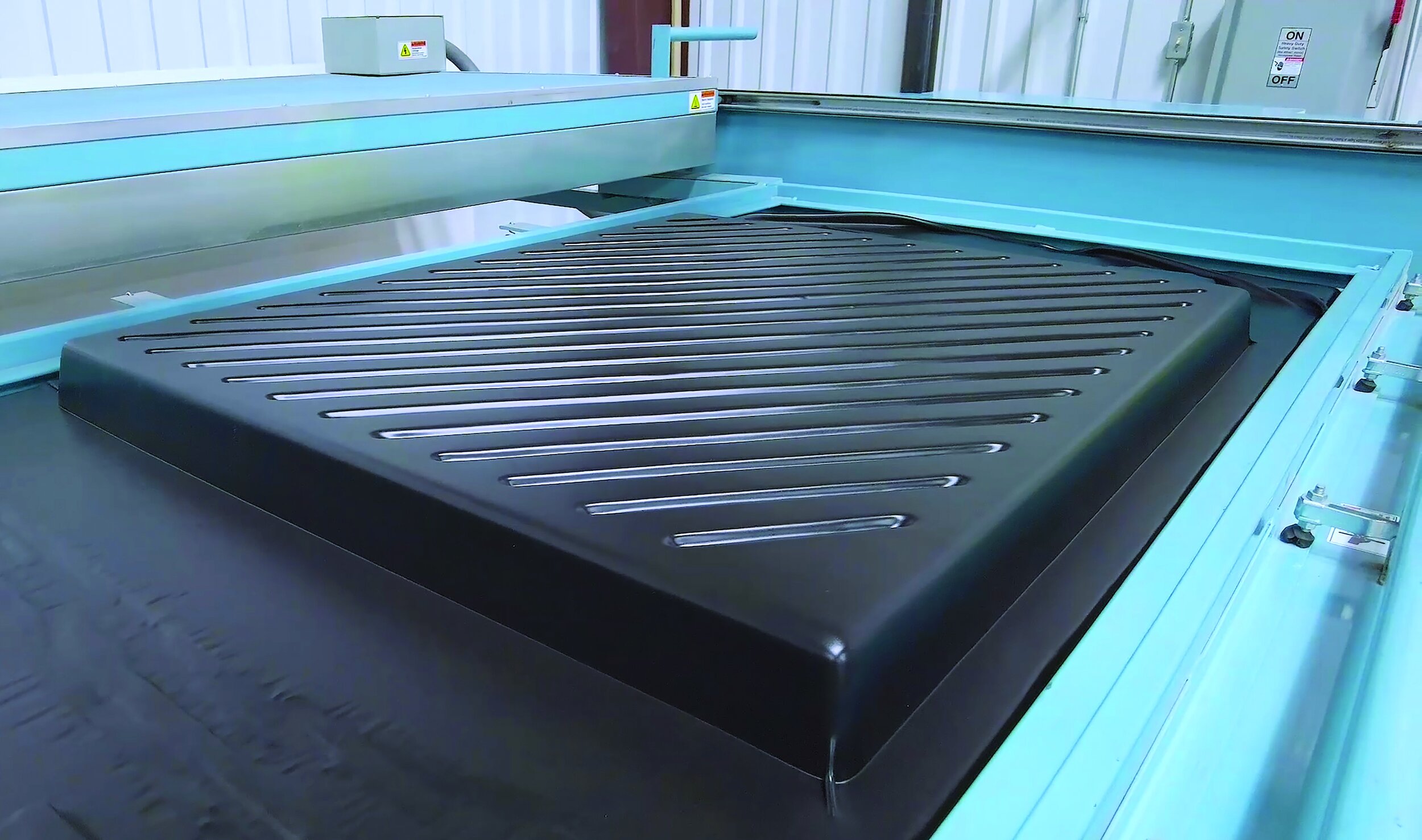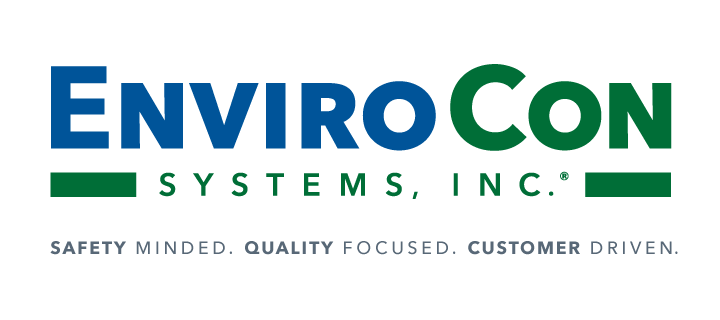
Materials vary depending on the application.
We choose from a line of high-quality materials after determining the best solution for your project. Materials can include:
metals
EnviroCon Systems provides in-house and onsite metal fabrication for various uses, including agricultural, architectural, commercial, environmental, and industrial. Our skilled fabricators have the equipment and technique to custom fabricate and repair based on your required specifications.
metal types:
Alloys
Aluminum
Base metals
Brass
Cold rolled steel
Common steels
Copper
Galvanized steel
Nickel
Stainless steel
Tin
Titanium
Iron Works:
Batten corner brackets
and clamps
Cutting and bending
berm angles
Cutting flat/round bar, square stock and angle iron
Plate sheering
Punching round, oblong and square holes
Stainless and carbon
steel batten
Tubing notching
Manual Cutting:
chop saw
Oxy acetylene torch
Liquid cooled bandsaw
Plasma cutter
Metal Fabrication Capabilities:
Anchor bolt chairs
Field process piping custom spool fabrication
Fire water monitor guards
Handrails and vertical platforms
Lifting equipment — spreader bars, axle bars, lifting devices
Module components
Pipe supports
Stainless steel suction screens
Iron Works:
GTAW (Tig) | SMAW(Stick) | GSAW(MIG) | GSFCAW (Dual Shield)
Certifications:
AWS | ASME Sec IX
plastic
EnviroCon Systems offers turnkey design-build plastic fabrication and installation services to meet your project needs no matter the project size. Custom fabricated panels allow projects to be completed in a single panel installation, ensuring seams are produced in a controlled environment.
-
HDPE is an excellent lining material and is the most widely used. HDPE has high tensile strength along with good chemical resistance and offers very reliable containment. The life expectancy of an HDPE liner is dependent upon the environment in which it is installed. Exposure to high temperatures, certain chemicals, constant loads and adverse site conditions shorten the life of the liner. In buried applications such as a solid waste landfill, the life expectancy can be up to 200 years. In an exposed application such as a floating cover, the life expectancy can reach 20 years. HDPE requires highly specialized installation.
-
LLDPE has a very high degree of flexibility and puncture resistance. LLDPE elongates under stress and has good resistance to the stresses of chemicals and ultraviolet light. It is the most appropriate lining material for projects that require significant material flexibility.
-
PVC is flexible, has high puncture and abrasion resistance, and has good waterproofing qualities. PVC liners prevent contaminants from passing into groundwater or streams and can be used to prevent seepage in potable water storage. PVC is adversely affected by exposure to ultraviolet light and therefore should be used only in covered applications. When used in buried applications, PVC liners can have a life expectancy up to 20 years.
-
RPE is one of the most affordable and effective geomembrane liner materials on the market, featuring some of the most highly-rated characteristics in the liner industry.
-
RPP geomembrane (Reinforced Polypropylene) is a polyester reinforced material designed for long-term water containment applications. It is chemical resistant and utilized in buried or exposed regions.
-
CoolGuard® by Cooley Group is a proven primary and or secondary containment geomembrane engineered for use in areas where primary and or secondary containment of hydrocarbons, liquids, aggressive chemicals, and other regulated substances is required. CoolGuard® geomembranes can handle direct contact with various petrochemicals.
-
Hypalon chlorosulfonated polyethylene liners are resistant to damage caused by high temperatures, exposure to severe weather and ultraviolet light, and oxidizing chemicals. EnviroCon recommends Hypalon in exposed liners and floating covers for water and sewage containment.
-
EPDM retains its flexibility in temperatures ranging from -40º F to 175ºF, which allows for year-round installation. EPDM has excellent UV resistance and does not degrade due to exposure to sunlight. The flexibility of EPDM allows it to conform to any shape.
-
XR Geomembranes are the strongest, most durable geomembranes in use today. Seaman Corporation, the manufacturer of XR, offers three grades of XR geomembranes:
• XR-5® for broad chemical-resistant applications requiring high-strength membranes.
• XR-3® for moderate chemical resistant requirements.
• XR®-PW for the containment of potable water. -
This medium to heavyweight polyethylene improves toughness and abrasion resistance. It is ideal for exposed applications that involve directing water, as well as fresh and flowback frac water impoundments.
-
Geotextiles are suitable for use in drainage projects and as reinforcement to other geosynthetic lining materials. When utilized in drainage and filtration applications, the geotextile material needs to pass water while concurrently filtering out soil particles. When used with a geosynthetic liner, geotextiles can protect the liner from damage due to rocks or other debris.
-
Drainage composites consist of a geotextile laminated to one or both sides of a Geonet material. Drainage composites are designed to provide protection for waterproofing systems and to collect excess water on horizontal surfaces such as building foundations and slabs. These drainage systems replace the conventional sand or gravel covered pipe drain. Drainage composites are designed to provide planar flow of liquids and protection from clogging due to soil or sand particles.
-
Geonet is a drainage composite made of extruded three-dimensional HDPE. Geonet allows for high flow drainage of liquids or gasses both horizontally and vertically. Geonet drainage composites have a non-woven filter fabric bonded to the ridges. This filter fabric stops the flow of particles while allowing the filtered liquid to pass to the drainage core. The HDPE used in Geonet is flexible, yet exceedingly strong. This makes it ideal for use in projects that require heavy loads or vehicular traffic.



